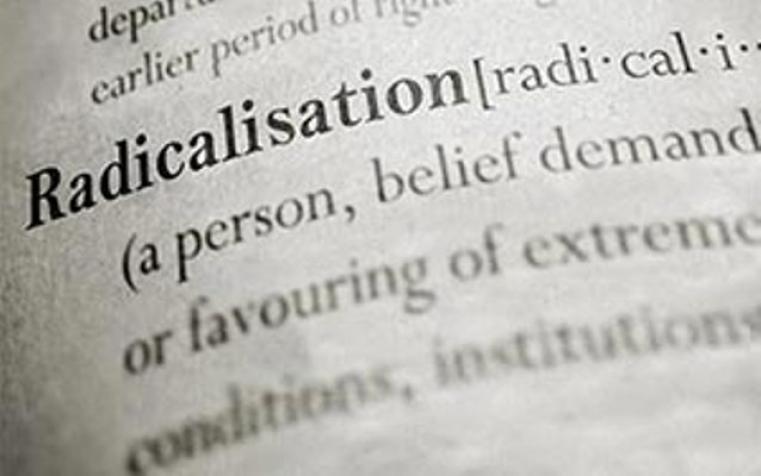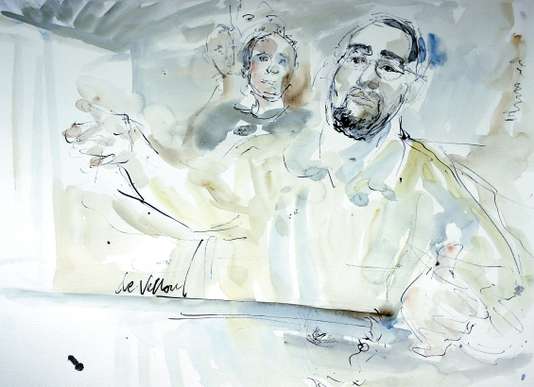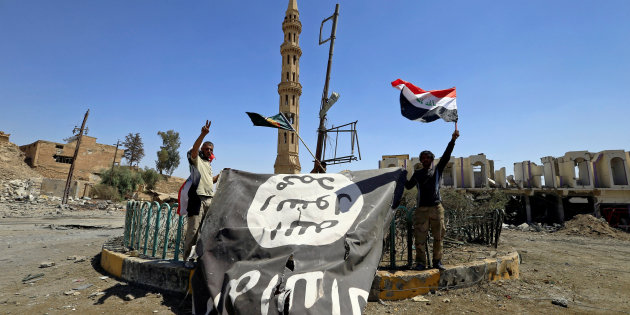
Radicalization

Report sheds light on the harmful globalisation of countering violent extremism policies
A report by Arun Kundnani and Ben Hayes “brings much needed attention to the global deployment of increasingly standardized policies countering violent extremism”.

Former jihadist Kamel Daoudi appeals to European Court of Human Rights regarding house arrest
Convicted in 2005 for a plot to bomb the U.S. Embassy in Paris, Kamel Daoudi was stripped of his French citizenship while awaiting trial and ordered expelled to Algeria, the country of his birth, after he served six years in prison. But France has been repeatedly warned by Europe’s top human rights court not to…

Amid concern about Anjem Choudary’s release from prison, Ed Husain writes that the discourse of the Labour leadership is fuelling Islamist extremism
Writing in The Telegraph, Ed Husain says that the case of Anjem Choudary, the Islamist hate preacher who is due to be released from jail next month, demonstrates that the West “still has no answer to the Islamist ideal of the Caliphate”. He goes onto suggest that the discourse of the Labour leadership is fuelling Islamist extremism.

Frenchman Lahcen Gueboudj sentenced to twenty years in prison for joining Islamic State
Judged as belonging to the Islamic State, a 58-year-old Frenchman and a German woman were sentenced to life imprisonment by the Central Criminal Court in Baghdad, a sentence equivalent to 20 years. This length of imprisonment is regularly imposed on Westerners who have joined the jihadist group. During the hearing, 58 year-old Lahcen Gueboudj denied…

Social and economic marginalisation in European cities is a key factor in radicalisation, sociologist Farhad Khosrokhavar warns
In his recent article, the sociologist Farhad Khosrokhavar writes that a significant factor in jihadist radicalisation in Europe is the “jihadogenous urban structure”, a type of city district which produces jihadists at a much higher rate than other districts by shaping “the identity of those who are socially excluded and culturally stigmatised”.

